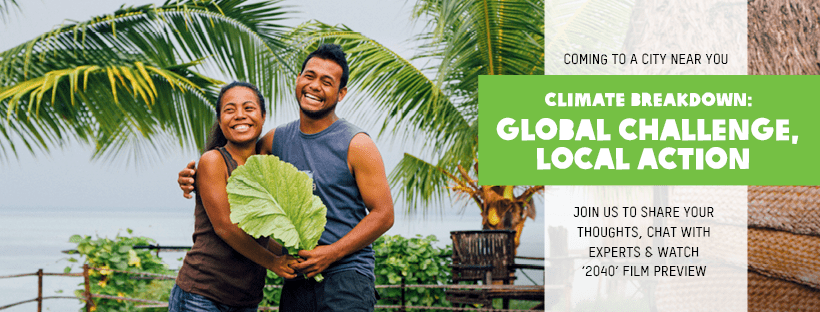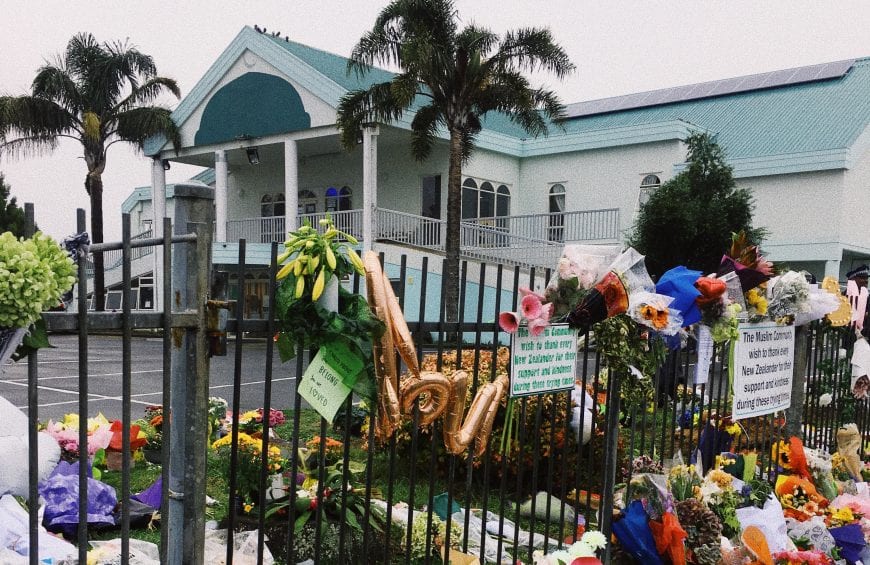Responding to the outcome of the pledging conference to the Green Climate Fund in Paris, Armelle Le Comte, Climate and Energy Advocacy Manager for the Oxfam confederation, said:
“The pledges made today send an important signal that wealthy countries should help the developing world face the growing perils of climate change. It is encouraging that a range of countries including Norway, Sweden, Germany, the UK and France will double their contributions compared with the previous financing period. This will allow the fund to continue its important mission to assist developing countries in adapting to worsening climate impacts.
“However, it is appalling that Australia and the US have failed to provide any funding at all, while many other nations have made only token gestures or contributions far below their fair share. Millions of people around the world are already facing hunger, homelessness and extreme poverty because of the climate crisis. Oxfam urges wealthy countries that have not pledged anything or remain far below their fair share to increase their contributions ahead of the COP25 climate summit in December.”
Dr Joanna Spratt, Advocacy and Campaigns Director for Oxfam New Zealand said:
“We welcome the increased pledge from the New Zealand government to help fund crucial climate mitigation and adaptation projects around the world. This is a win for the hundreds of people who have been emailing the Foreign Minister demanding that we stand with the Pacific and increase our support for countries where the effects of climate breakdown are felt the most.
“A US$10m replenishment to the Green Climate Fund is an improvement, increasing our last pledge by five times. This will help to support the dozens of projects in poorer countries waiting for new funding. However, if we were honouring our fair share of responsibility to fund a climate-resilient future for people in poor countries, we would need to have pledged US$50-90m this week.
“In the age of increasingly insular and isolationist politics, we need to be growing our support for multilateral mechanisms to tackle climate destruction. We also need to listen to the voices of the countries bearing the brunt of climate change for a collective commitment to support them.
“We urge the government to outline a plan for increasing our Green Climate Fund contribution further, as well as climate finance in general, in line with a rising aid budget so that we can be contributing our fair share.”








